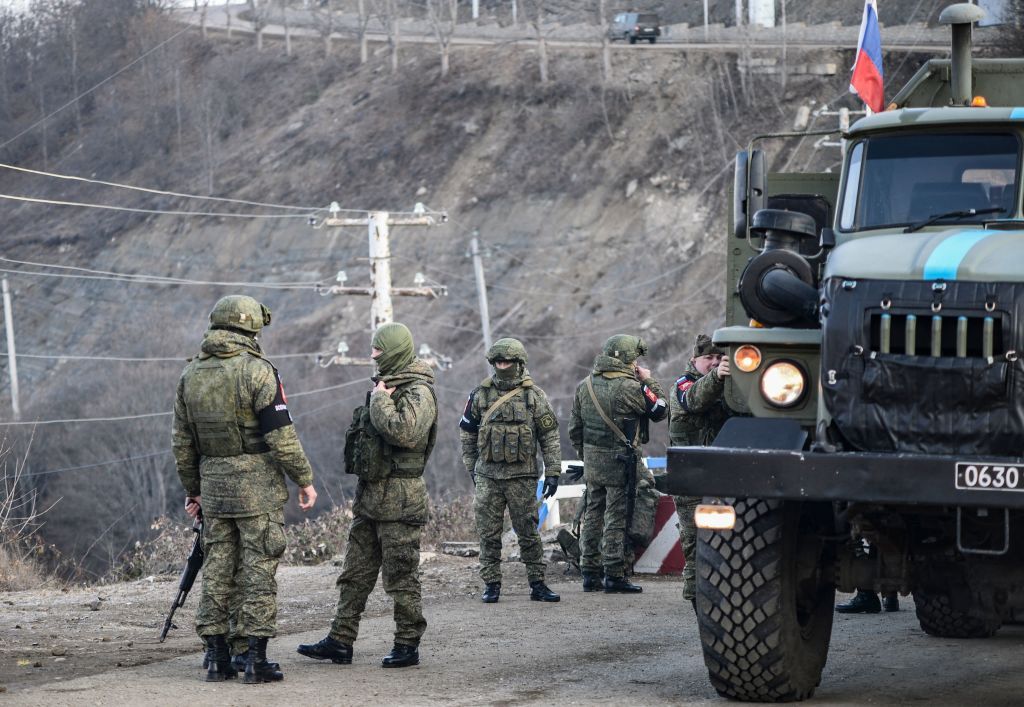Armenian parliament ratifies ICC's Rome Statute, following shattered relationship with Russia

Editor's Note: This article was changed to clarify that Armenia's president, not prime minister, should ratify the treaty.
The Armenian parliament voted in favor of ratifying the Rome Statute of the International Criminal Court (ICC) on Oct. 3. If signed by President Vahagn Khachaturian, Armenian authorities will be obliged to arrest Russian dictator Vladimir Putin if he sets foot in the country.
On March 17, the ICC issued arrest warrants for Putin and Maria Lvova-Belova, the Russian official allegedly overseeing the forced deportations of at least tens of thousands of Ukrainian children to Russia and Russian-occupied territories.
The ICC asserts that there are "reasonable grounds to believe" that Putin holds direct accountability for supervising the deportations and that he neglected to exert authority over Russian soldiers and civilians executing the crime across occupied Ukrainian regions from the onset of Russia's all-out war against Ukraine.
All 123 countries that are members of the ICC and have ratified the Rome Statute, which establishes crimes falling within the jurisdiction of the court, are now obliged to cooperate with the court's demand to arrest Putin.
The vote, which passed in the Armenian parliament with 60 in favor and 22 against, must still be signed by Pashinyan to come into force. Pashinyan has said previously that it is in Armenia's interest to ratify the statute.
Kremlin spokesperson Dmitry Peskov said that Russia would consider it an "extremely hostile" move.
The vote comes in the wake of Azerbaijan's victory over the self-declared ethnic Armenian Nagorno-Karabakh Republic, which was defeated by Azerbaijani forces on Sept. 20 and officially ordered to be dissolved as a political entity by the beginning of 2024.
Russian "peacekeepers" were stationed in the area, nominally to stop violence between Armenians and Azerbaijanis, but did nothing to prevent Azerbaijan's Sept. 20 offensive. Tensions between Armenia and their long-time ally Russia have risen since then.











